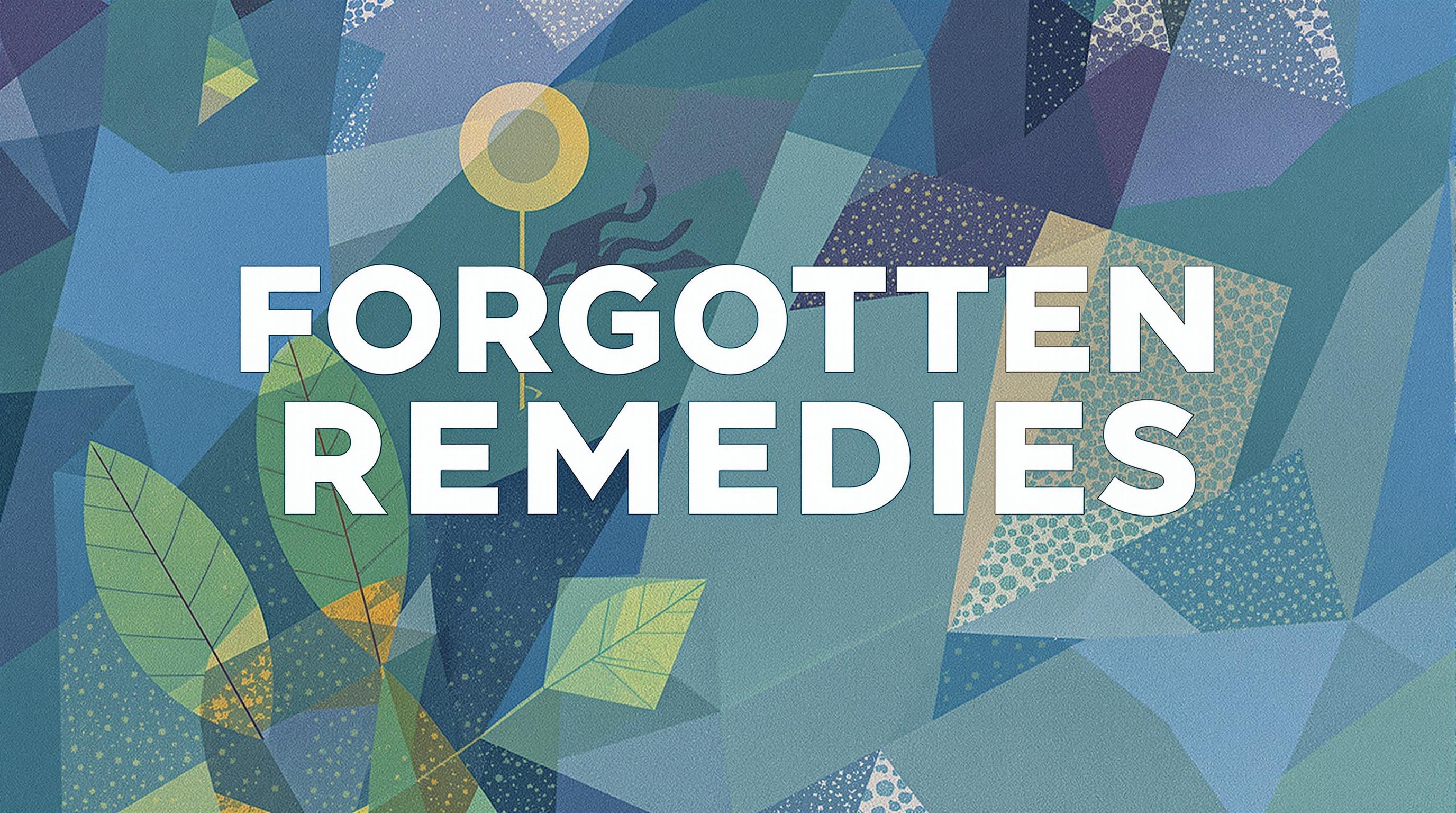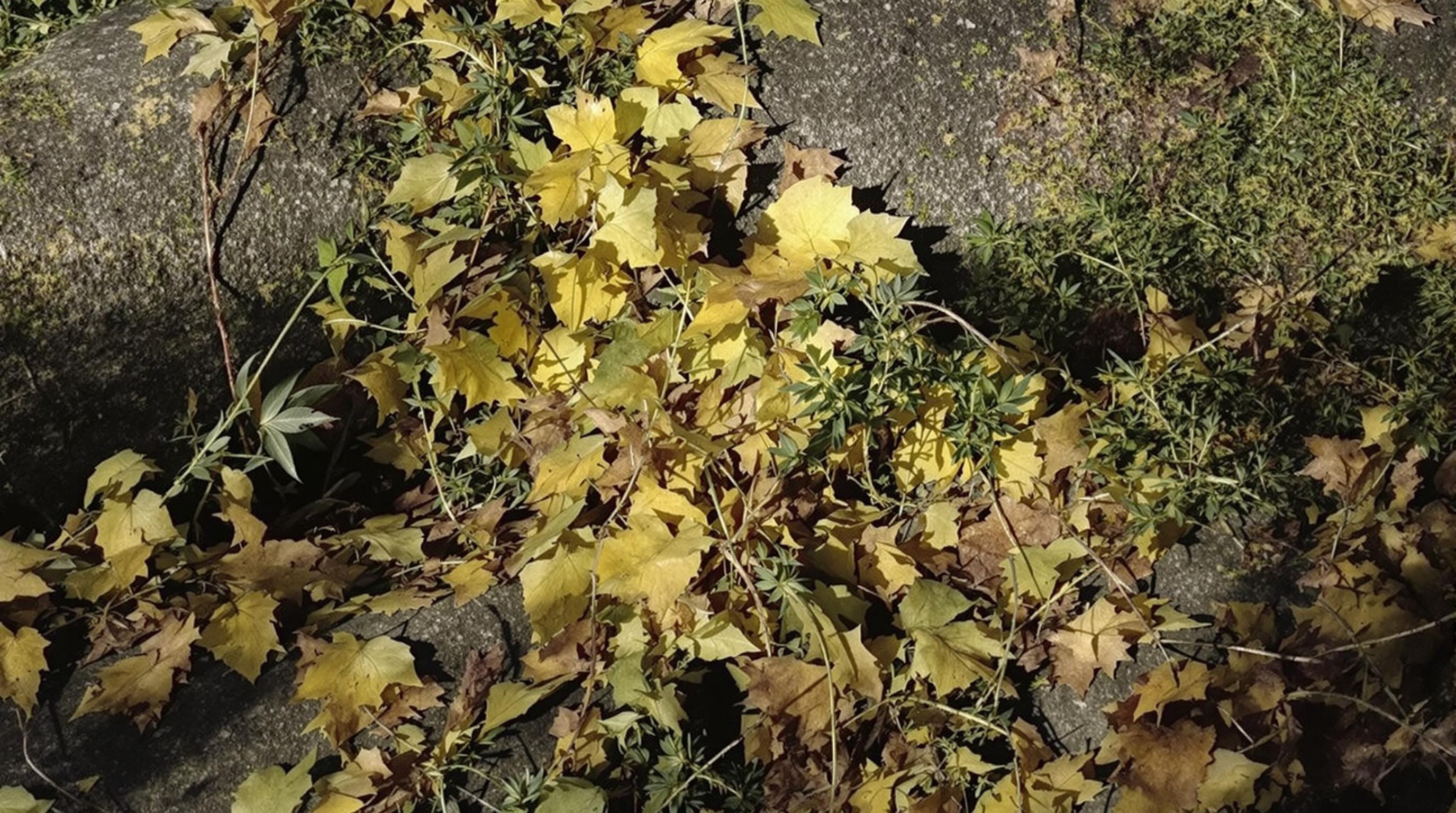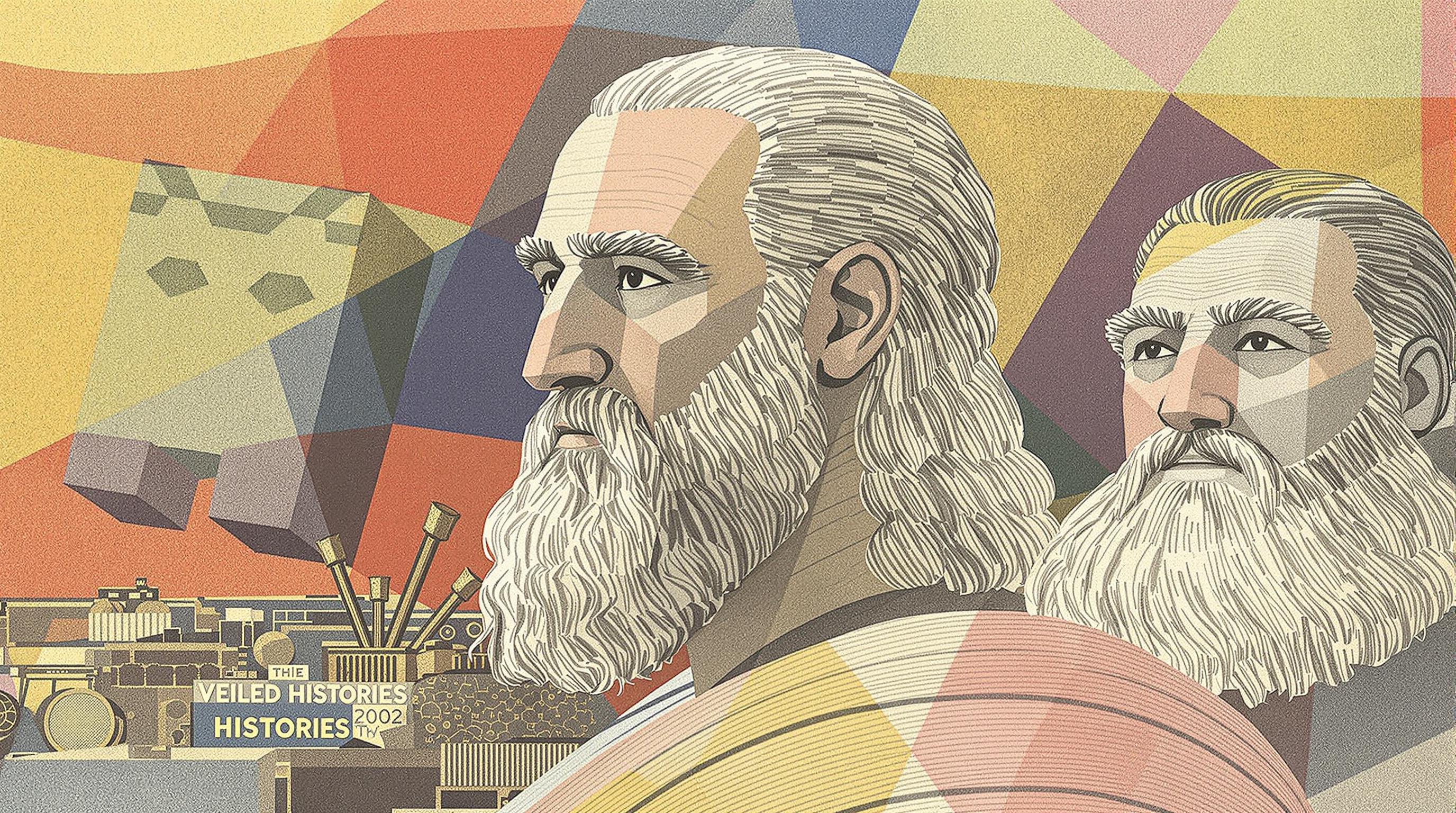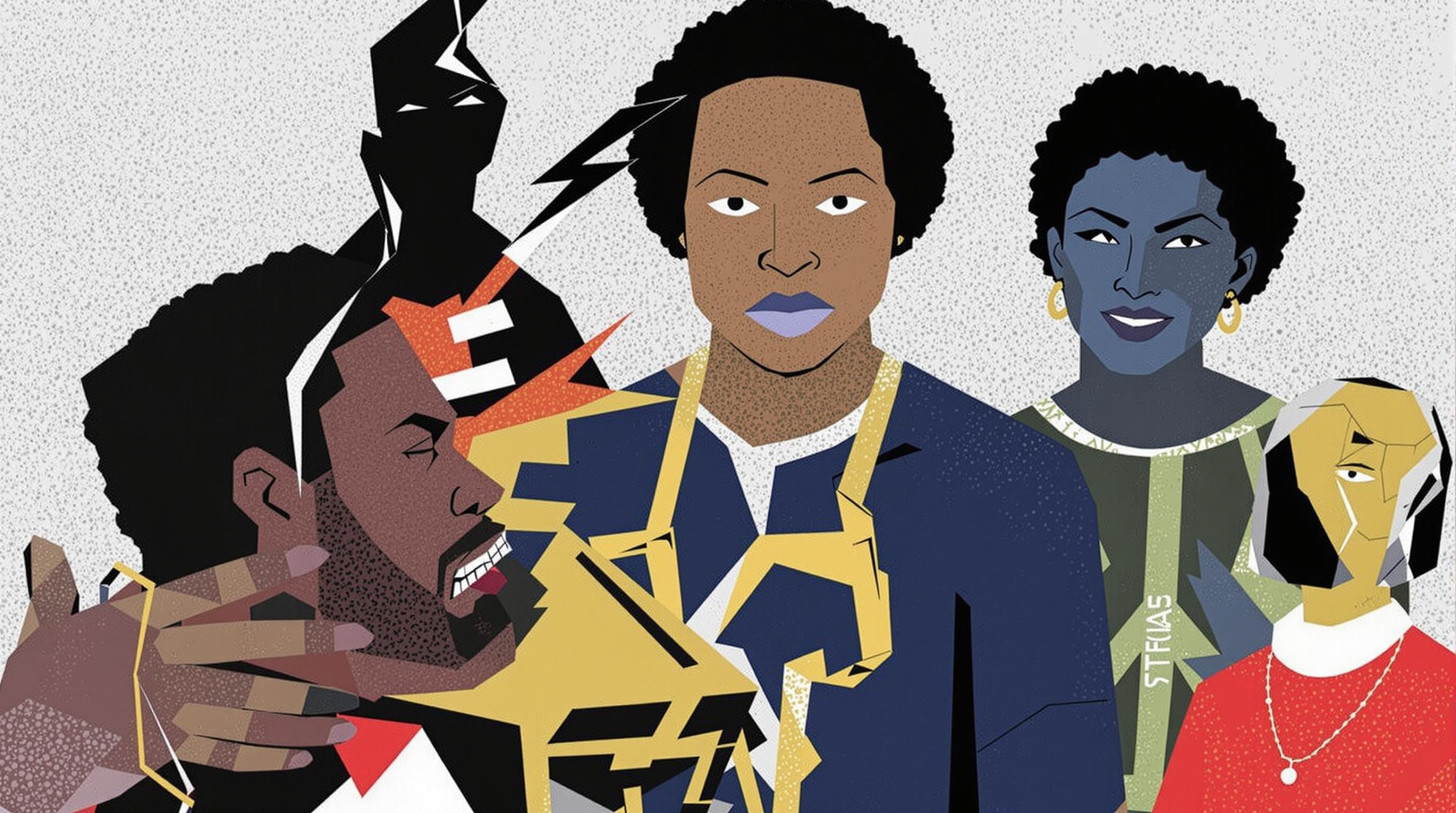Related Articles
- Reviving Ancestral Wisdom: How Outdated Superstitions Can Shape Contemporary Mental Health Practices
- Veiled Histories: How Little-Known Figures from the Past Can Transform Contemporary Leadership Approaches
- The Art of Disruption: How Past Rebellions Shape Today's Entrepreneurial Spirit
- Lost in Translation: The Surprising Role of Language in the Evolution and Misunderstanding of Global Currency
- Currency as a Canvas: Exploring the Intersection of Politics, Propaganda, and Artistic Expression in Monetary Design
- Unmasking the Shadows: How Currency Forgers Shaped Financial Trust and Safety Through the Ages
Forgotten Remedies: How Ancient Healing Practices Can Inform Modern Medicine's Next Breakthroughs
Forgotten Remedies: How Ancient Healing Practices Can Inform Modern Medicine's Next Breakthroughs
Ancient healing practices, long overshadowed by modern medicine, are being rediscovered as potential breakthroughs for contemporary health challenges. This article explores various forgotten remedies, their historical significance, and how they can inform the next wave of medical advancements, offering insights for both the curious and the medical professional alike.
The Rebirth of Traditional Remedies
As the relentless march of modern technology pushes toward advanced pharmaceutical solutions, a curious thing is happening. In laboratories and homes across the globe, practitioners and patients alike are turning back to age-old remedies, seeking solace in the wisdom of ancient cultures. Really, who would have thought that ginger tea could rival some modern medications for nausea?
Connecting the Dots: Ancient Wisdom Meets Modern Science
Consider turmeric, a golden spice often found in Indian cuisine. Curcumin, its active compound, has attracted significant research attention for its anti-inflammatory properties, showing promise in managing arthritis and even cancer. It begs the question—could a simple spice be as effective as traditional pharmaceuticals?
Statistical Insights: The Popularity of Natural Remedies
According to a 2022 survey by the National Center for Complementary and Integrative Health, approximately 38% of adults in the U.S. reported using some form of complementary health approach, including herbal medicine and acupuncture. This statistic underscores a growing trend toward integrating holistic practices into mainstream health care.
Storytelling: Embracing My Grandmother's Healing Legacy
As a 29-year-old writer, I find myself often reflecting on my grandmother's fervent beliefs in traditional remedies. She swore by a concoction of honey, lemon, and ginger for a cold, asserting that it was far superior to any over-the-counter solution. Little did I know that these simple ingredients were steeped in thousands of years of history, utilized by countless cultures to combat illness.
Case Study: The Resurgence of Acupuncture
Acupuncture, an ancient practice rooted in Traditional Chinese Medicine, is facing a renaissance in Western health care. A study published in the *Archives of Internal Medicine* noted that acupuncture was more effective than conventional treatments for managing chronic pain, with findings suggesting it could complement modern therapies. This resonance between ancient techniques and modern validations opens up exciting possibilities for integrative medicine.
Herbal Medicine: The Unseen Companion to Pharmaceuticals
Today, herbal medicine is no longer a forgotten art; it's increasingly recognized in the realm of modern healthcare. A particular standout is ginseng, often touted as an adaptogen that helps the body resist stressors of all kinds. Interestingly, a compound found in this herb has been linked to improved cognitive function, making it popular among students and working professionals alike. Why sip on an energy drink when a ginseng-infused tea could give you the same boost—minus the crash?
Historical Insights: Remedies Across Cultures
From the indigenous peoples of the Amazon to ancient Egyptian cultures, the use of natural remedies has been well-documented. Did you know that Egyptians used garlic as both a food and medicine? Studies have shown it can lower cholesterol and blood pressure, which provokes a thought—if these cultures understood the implications of food as medicine thousands of years ago, what else have we overlooked in our modern quest for health?
The Power of Nature: Modern-Day Applications
Scientists today are mining ancient texts and herbal pharmacopoeias to extract knowledge on healing plants. For example, the Milky Way’s indigenous peoples employed echinacea for centuries to combat infections. Research in 2020 has lent credence to their practices, showing that echinacea can significantly reduce the duration of common colds. Suddenly, the wisdom of the ancients is not so 'forgotten' after all; it's a valuable resource waiting to be leveraged!
Lessons from the Past: Bridging Gaps with Ethnobotany
Despite the plethora of synthesized drugs available to us, there's an undeniable gap in how Western medicine approaches illness compared to traditional practices. If you ask a practitioner of ethnobotany, the study of a region’s plants and their practical uses through the ages, they'll likely point out that we are on the brink of rediscovery. They cite the importance of collaborative approaches between traditional healers and clinical researchers to maximize therapeutic outcomes.
Humor: Grandma Knew Best
Admit it—every time you hear about a new 'miracle pill,' you can’t help but think of your grandma, who claimed that “a sprinkle of this and a dash of that” was the remedy to everything. It’s like the real-life version of keeping your friends close, but your garlic closer. Who knew that embracing a bit of traditional wisdom could wield greater power than you ever imagined?
The Future of Medicine: An Integrative Approach
Health care professionals are beginning to look at ancient practices not as alternatives to conventional medicine, but rather as complementary tools that enhance patient care. Integrative medicine focuses on treating the whole person, addressing both physical and emotional needs. The 2019 Journal of Alternative and Complementary Medicine published guidelines emphasizing the significance of combining conventional medicine with these old-world remedies. It’s a win-win—a partnership of science and tradition.
User Experience: A Patient's Tale
Take the story of Emily, a 45-year-old woman who battled chronic fatigue for years. After extensive treatments and medication with minimal results, Emily turned to yoga and herbal supplements—specifically, ashwagandha, a herb used in Ayurvedic medicine. Within months, she experienced a profound improvement in her energy levels and overall well-being. Emily’s journey demonstrates the potential for ancient methods to bridge gaps in conventional treatment.
Looking Toward Tomorrow
The exploration of forgotten remedies is not just about revisiting past practices; it's about forging pathways to future solutions. The integration of such approaches has the potential to revolutionize modern medicine, particularly in the adverse health conditions that continue to confound experts. Imagine if a synthesis of these methods helped combat rising antibiotic resistance, leveraging natural alternatives as part of the solution. The possibilities are exciting!
Pushing Boundaries: The Role of Modern Research
The scientific community is beginning to understand the significance of traditional healing practices backed by modern research. Projects like the “Global Traditional Medicine Database” aim to document and study the efficacy of such methods worldwide. As more studies emerge, ancient wisdom may provide the keys to challenges like chronic inflammation and mental health issues, further solidifying its role in modern healthcare.
Final Thoughts: A Call to Action
As we traverse the landscapes of health and healing, it’s imperative that we open our minds to the potential waiting in the shadows of forgotten practices. Whether you're a healthcare professional, a curious reader, or someone seeking healing for yourself or a loved one, let ancient remedies inspire you. In doing so, we honor the wisdom of our ancestors while charting a course toward a healthier future. Who knows? The next groundbreaking treatment might just be a sip of herbal tea away!




